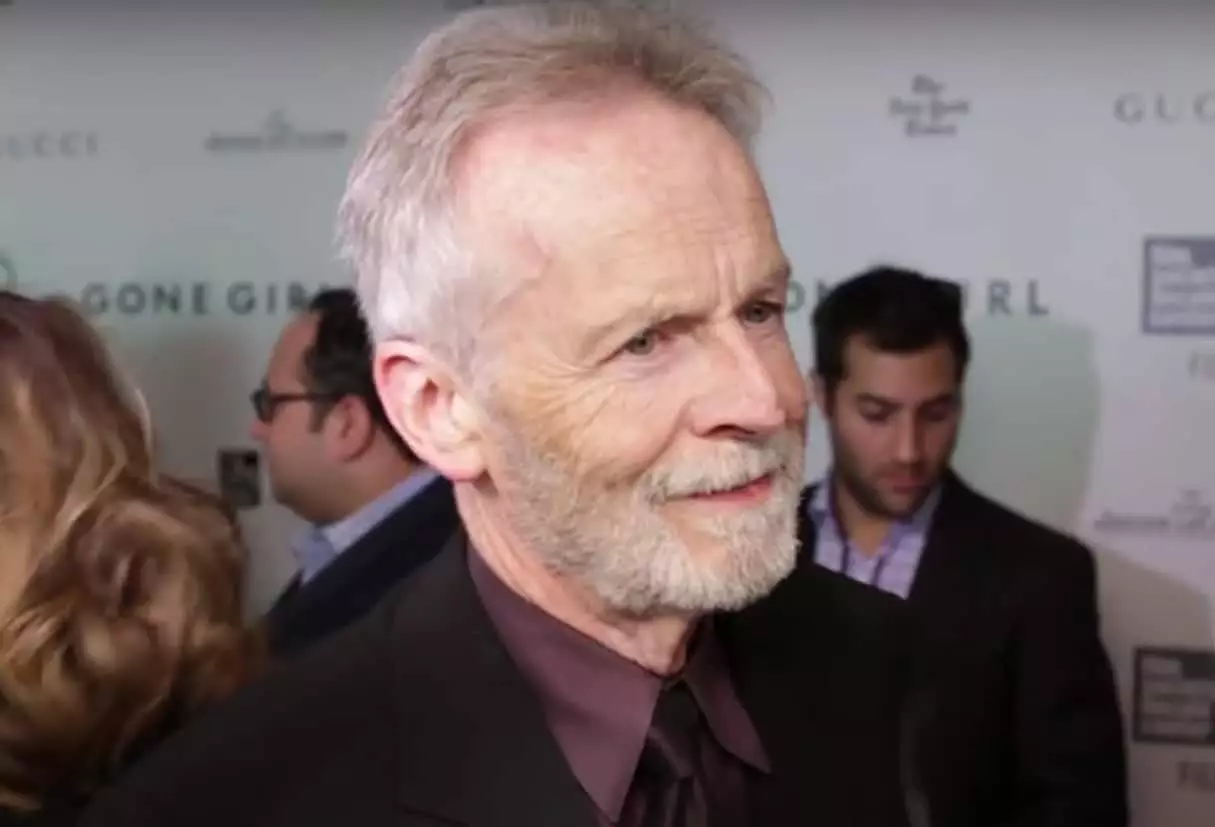In the realm of cinema and sports, few figures have managed to intertwine their legacies as poignantly as Muhammad Ali. At a recent film convention, actor David Clennon, known for his roles in celebrated films like “The Thing” and “Gone Girl,” shared illuminating perspectives on his experience working alongside Ali in the 1977 film, “The Greatest.” As an actor who had the unique opportunity to portray a significant moment in Ali’s life — the draft refusal — Clennon offers a distinctive viewpoint on not only the film but also on the larger implications of Ali’s decisions during a tumultuous era in American history.
Clennon’s reminiscing underscores not just the artist’s respect for Ali but demonstrates a deep understanding of the societal dynamics surrounding the Vietnam War. Ali’s stand against the war, ultimately leading to his exile from boxing, represented more than a personal battle. It was a statement of conscience that resonated with the younger generation who questioned the morality of the conflict. Clennon’s own status as a conscientious objector placed him alongside Ali, generating an intimate empathy that enveloped their encounter.
As an actor, one often imagines what it might be like to work closely with a cultural icon. Clennon’s experience speaks volumes about Ali’s character — approachable and devoid of the trappings of ego that often accompany celebrity. Clennon’s anecdote about how Ali would mingle, share meals, and engage light-heartedly with the cast paints a portrait of a man who, despite immense social pressure, remained grounded.
Clennon’s heartfelt admiration for Ali is palpable as he reflects on the sacrifices that the champion made for his beliefs. Losing nearly four years of his prime boxing career for the sake of a principle illustrates not only Ali’s bravery but also the philosophical depths of his persona. Clennon evokes a world where Ali’s refusal to fight in a war deemed unjust solidified his role as a reluctant hero — a figure who transcended the boxing ring to become a beacon of hope and resilience for many.
For Clennon, the portrayal of Ali in “The Greatest” stands as a significant cinematic achievement. He asserts that despite the many documentaries and films made about the boxing legend, the authenticity of Ali’s direct involvement in “The Greatest” anchors it uniquely in the filmography of biographical sports narratives. Clennon expresses that the film captures the essence of who Ali was, combining compelling performances from a stellar supporting cast with the authenticity that only Ali could provide.
His candid remarks reveal a deeper discussion about how narratives of sports figures often amplify their contributions to society beyond their athletic prowess. Ali didn’t just box; he directly impacted the conversations surrounding war, race, and identity in America, a theme that resonates through Clennon’s recollections of being in the film. While Clennon acknowledges Will Smith’s portrayal of Ali in the 2001 biopic “Ali,” he highlights the authenticity that arises when the subject plays themselves. This notion invites viewers to appreciate the nuanced layers of the man behind the myth.
Clennon’s reflections illustrate the profound impact Ali had on both his contemporaries and future generations. The discourse generated around Ali’s legacy continues to inspire not only filmmakers and fans but also activists and thinkers. This commentary reminds us that Ali’s stance transcended sports; he became a symbol of resistance and courage against systemic injustice.
As Clennon aptly puts it, the legacy of Muhammad Ali remains inescapable, a testament to a man who was not only adept in the ring but also astute in matters of ethics and morality. Audiences, whether fans of boxing or not, possess an inherent curiosity and respect for what Ali represented, reinforcing the idea that his influence extends well beyond the boundaries of sport.
Clennon’s portrayal of these memories at the convention serves as a reminder that the stories we tell about our heroes are often intertwined with our understanding of history and morality. The examination of Ali’s life reminds us that true greatness often involves sacrifice, courage, and an unwavering commitment to personal convictions, lessons that remain relevant in today’s societal discourse.

